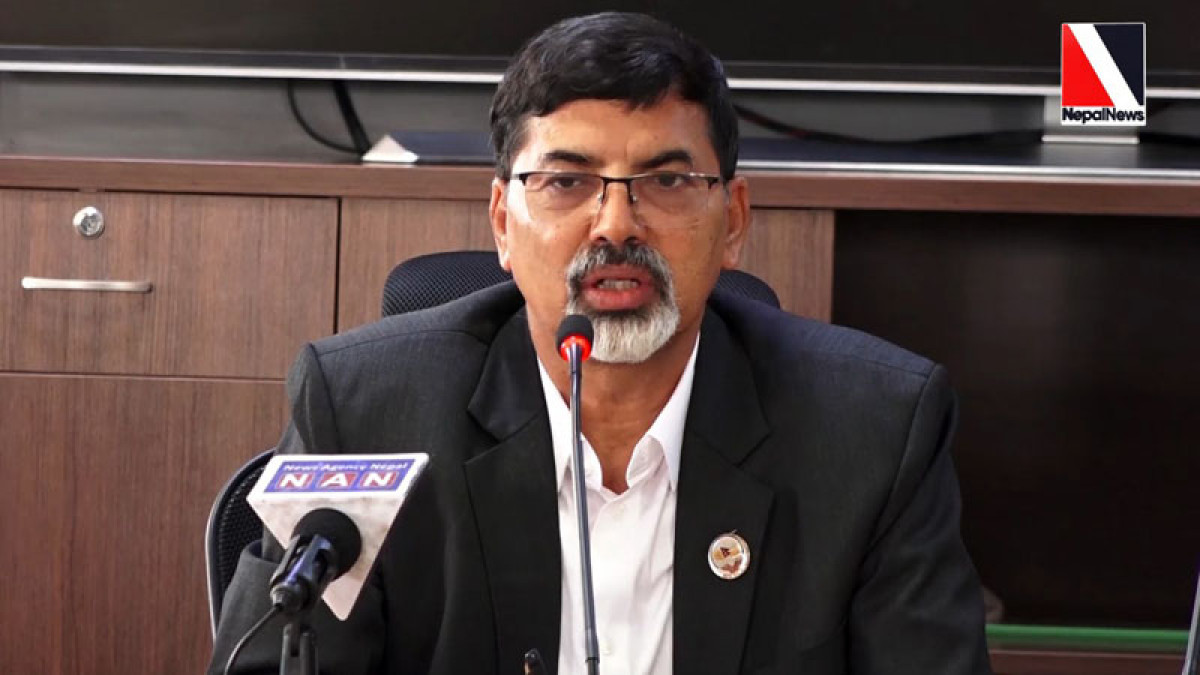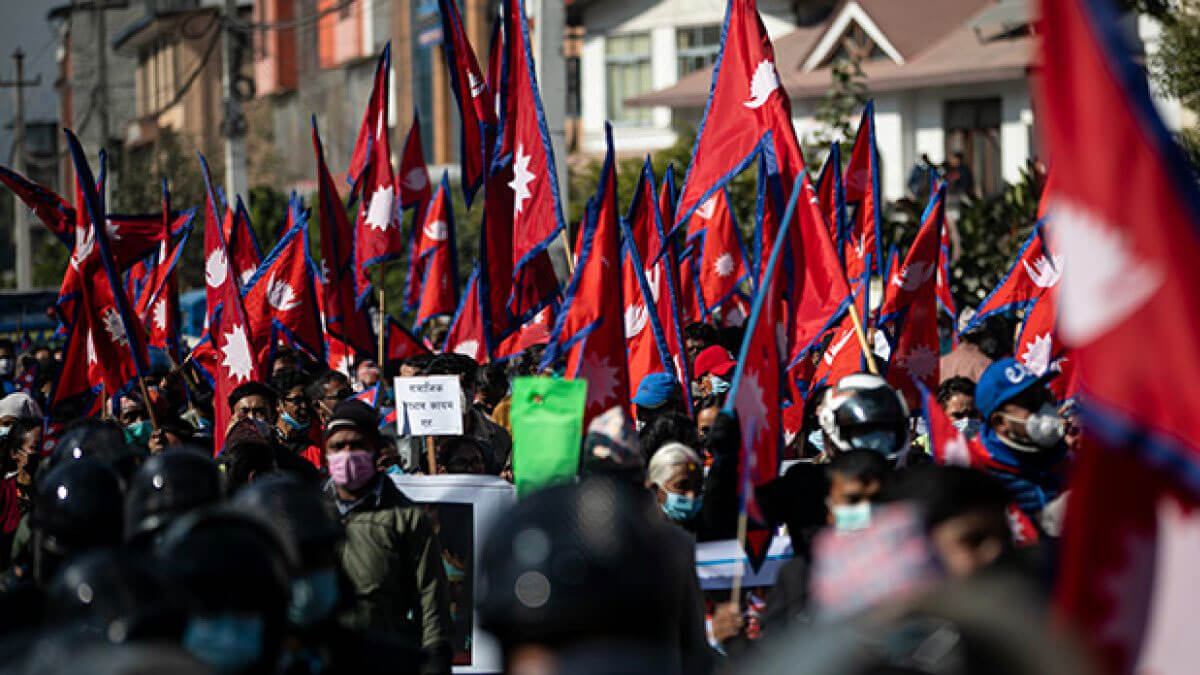Following a concerning drop in its foreign currency reserves, Nepal announced a restriction on the import of non-essential goods, including luxury items such as cars, cosmetics, and gold. Furthermore, banks have been asked to refrain from issuing Lines of Credit for the import of such goods and services.
The Deputy spokesperson of the Nepal Rastra Bank (NRB), Narayan Prasad Pokharel, said, “Something must be done to restrict the import of non-essential goods without affecting the supply of essential goods.” He clarified that individuals will be allowed to import 50 such items, provided that they have been paid “in full.” “This is not banning the imports, but discouraging them,” he stressed.
The decision was made just days after the governor of the Nepal Rastra Bank, Maha Prasad Adhikari, was removed from his position. A government official cited by The Himalayan Times said that Adhikari was fired for allegedly releasing critical and sensitive information to media houses. His resignation attracted criticism from the opposition, which believes that the decision was poorly timed and has left the country vulnerable amid the looming threat of an economic crisis.
Nepal Government suspends Governor Maha Prasad Adhikari
— Sujeev Shakya (@sujeevshakya) April 8, 2022
Sad move. You cannot take politics to such dirty levels
Surendra Pandey, a senior leader of the opposition Communist Unified Marxist-Leninist Party, remarked, “He was doing a good job and his removal at a time when economic indicators are not good is a wrong decision.” According to former Auditor General Bhanu Acharya, the decision to remove Adhikari will also reflect poorly on Nepal’s commitment to the autonomy of the central bank, which could in turn influence lending agencies like the World Bank and the International Monetary Fund (IMF). “I feel there has obviously been intervention in the autonomy of the central bank based on arguments the government has been giving to the media,” Acharya opined.
Along these same lines, former Prime Minister (PM) and opposition leader KP Sharma Oli called the decision “irresponsible.” Oli echoed media reports claiming that Adhikari was actually punished because he refused to accept Finance Minister Janardhan Sharma’s request to release around $3.2 million, thereby thwarting Sharma’s efforts to “gobble up” illicit funds that were allegedly transferred from a foreign account to an individual called Prithvi Shah. Doubling down on his claims of corruption, he also accused the government of using the economic crisis as an excuse to postpone local elections.
Nepal’s decision to ban import of non-essentials due to falling forex reserves may hit exports from India. Central Nepal Rastra Bank instructed commercial banks not to open letters of credit (LCs) for importing non-essentials.
— Vinod Kumar Jha (@vkjha62) April 12, 2022
1/ pic.twitter.com/vXcrh6nZX6
However, the NRB’s statistics paint a concerning picture of Nepal’s foreign reserves. According to the bank’s reports, foreign currency reserves dropped by over 16% to $9.59 billion in the seven months leading up to February. The data indicates that the current reserves can only cover the cost of imports for next six months, which runs counter to the bank’s policy of ensuring that there are reserves in place for at least seven months of imports.
According to the Asian Development Bank, debt has surged to 41.4% of Nepal’s Gross Domestic Product (GDP) as the government seeks to increase spending to mitigate the impact of the COVID-19 crisis. In addition, in the first eight months of the 2021-2022’s fiscal year, inflation hit a 67-month high of 7.14%.
One of the key reasons identified for this depletion was the drop in the income-driven tourism industry. Furthermore, in the 2021-2022 fiscal year, the amount of foreign currency sent by non-residential citizens also dropped by 5%. In this regard, the Non-Resident Nepali Association urged citizens working abroad to support the country by sending back dollars. In fact, non-resident citizens must now open accounts in Nepalese banks and deposit at least $1,000.
Finance Minister Sharma, however, has downplayed the threat of the looming crisis. While speaking to the media, he noted that Nepal’s foreign debt is lower than other countries in South Asia and elsewhere. The Finance Ministry has assured that all the indicators regarding Nepal’s economic health are “normal.”
Sharma also justified the decision to remove Adhikari by saying that the entire process was done in accordance with the law. “I had asked the central bank to control excessive lending in the unproductive sector from the early months of the current fiscal year, which did not happen,” he said.

Furthermore, he admitted that he was “surprised” that the depleting foreign reserves are being compared to the foreign reserve crisis in Sri Lanka, which is currently facing record-high inflation and major shortages of essential items such as oil and food.
Despite several comparisons being drawn between Nepal and Sri Lanka’s foreign reserve crisis, the situation in Kathmandu is understood to be far better than in Colombo. Alex Holmes, an emerging markets economist from Capital Economics, told BBC that Nepal’s foreign currency reserves are at a “comfortable minimum” and that its government debt “is not particularly high,” adding, “Of course, things will eventually regress if the current account deficit does not narrow. But the crisis does not appear imminent.”

